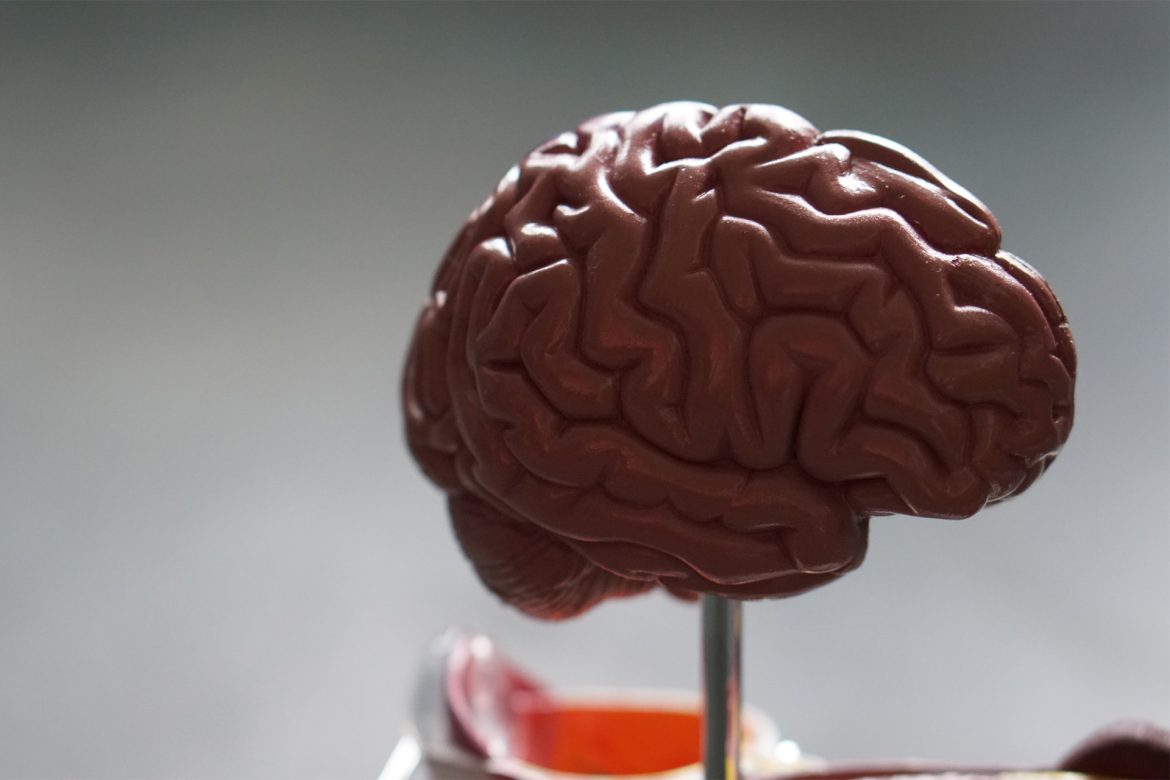The concept of neural coding is another area of interest in neuroscience research. Neural coding refers to how information is represented and processed in the brain. Recent studies using advanced imaging techniques, such as functional magnetic resonance imaging (fMRI) and electrophysiology, have provided insights into how patterns of neural activity correspond to specific types of information and experiences. For instance, researchers have identified distinct neural representations for different types of memories, such as episodic (personal experiences) and semantic (general knowledge) memories. Understanding these neural codes helps elucidate how the brain organizes and retrieves information.
Publicity
The process of memory consolidation, where newly acquired information is stabilized and integrated into long-term memory, has also been a focus of research. Consolidation involves the transfer of information from short-term to long-term memory storage. Studies have shown that this process occurs during sleep, particularly during rapid eye movement (REM) sleep and slow-wave sleep (SWS). During these sleep stages, the brain reactivates and strengthens neural connections associated with recent experiences, facilitating the consolidation of memories. This has led to a greater appreciation of the importance of sleep in learning and memory processes.
Another exciting area of research is the study of memory retrieval and its underlying neural mechanisms. Retrieval involves accessing stored memories and reconstructing them based on current context and cues. Recent research has highlighted the dynamic nature of memory retrieval, showing that memories are not static but rather reconstructed each time they are accessed. This reconstruction process involves the interplay between the hippocampus and other brain regions, such as the prefrontal cortex, and is influenced by factors such as attention and context. Understanding how memories are reconstructed and influenced by external factors can provide insights into memory distortions and the reliability of recollections.
